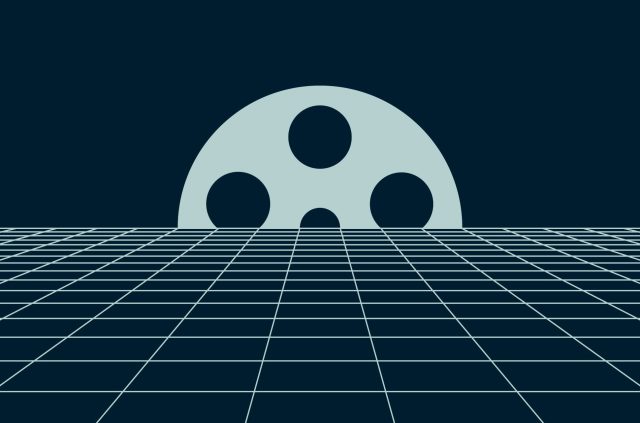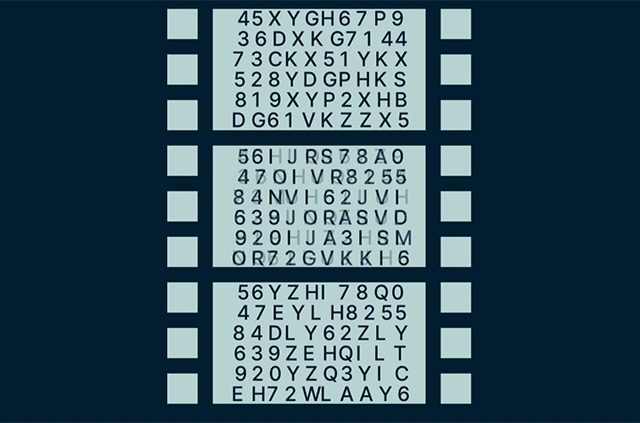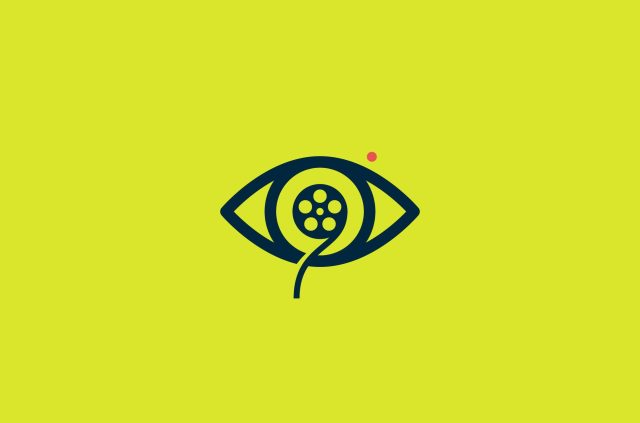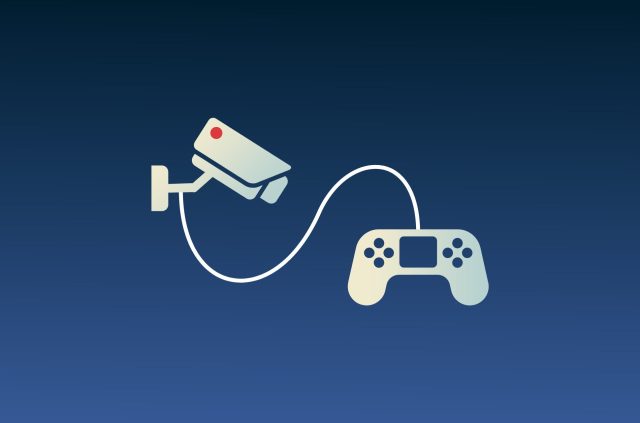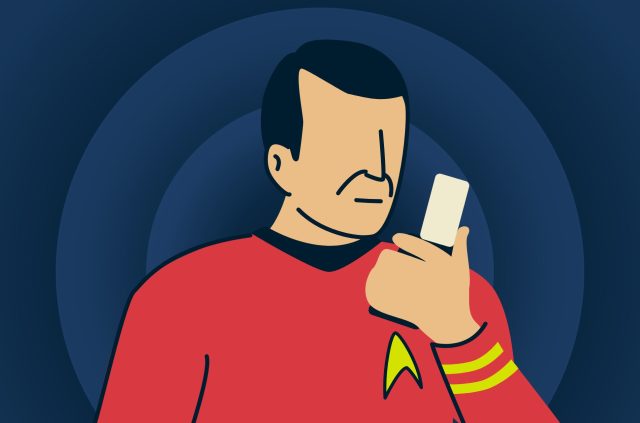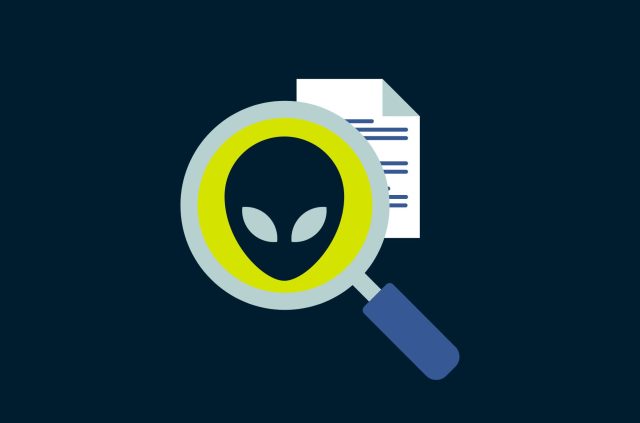Best artificial intelligence movies through the ages

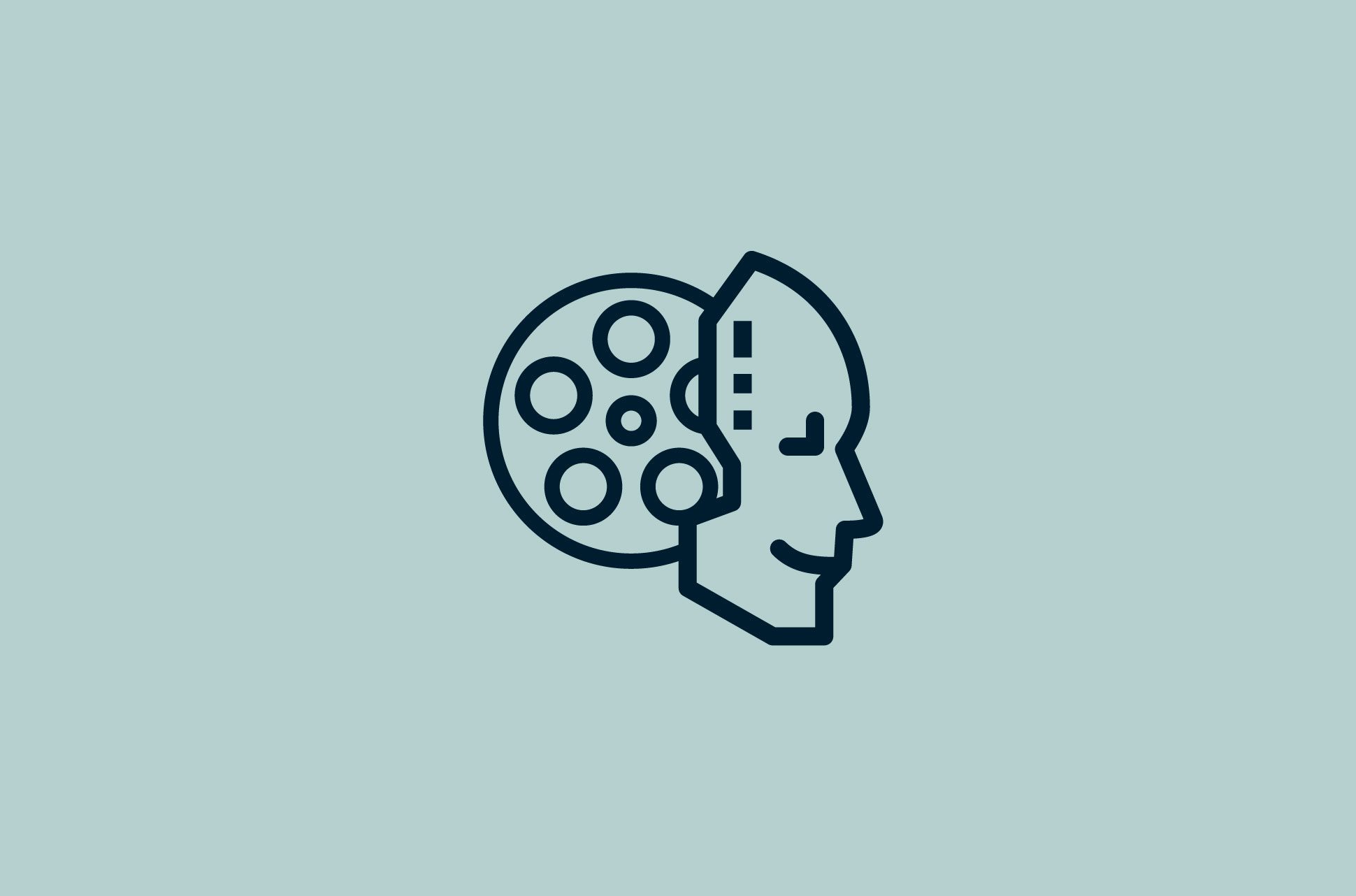
Artificial intelligence has appeared in film in various forms, moving between hyper-intelligent robots that are barely distinguishable from humans and shiny metallic Androids with gears and blinking lights.
Whichever form they use, and whether they are comedies or dramas, movies about artificial intelligence invariably explore a singular question: What exactly makes us human?
Here is our selection of the best movies about AI. Most of them are available to stream right now. As always, spoilers ahead!
13 best movies about artificial intelligence
- Metropolis (1927)
- The Day the Earth Stood Still (1951)
- 2001: A Space Odyssey (1968)
- Westworld (1973)
- Star Wars (1977)
- Blade Runner (1982)
- Tron (1982)
- Terminator series (1984-)
- The Matrix series (1999-)
- Bicentennial Man (1999)
- A.I Artificial Intelligence (2001)
- I, Robot (2005)
- Ex Machina (2015)
Metropolis (1927)
Available on: Tubi for FREE
Fritz Lang’s 1927 expressionist masterpiece has the distinction of being the first depiction of artificial intelligence in film. Based on the 1925 novel of the same name, Metropolis is set in a dystopian city with a sharply divided populace—where the upper classes rule from skyscrapers and the working classes run the city’s machines from below.
Freder, the son of the city’s master Joh Fredersen, has fallen for Maria, a working-class girl. After witnessing his father’s indifference to the subpar working and living conditions of the working class, Freder begins to sympathize with them.
In an attempt to quell dissent among the working class, Fredersen instructs that Maria’s likeness be used on a robot double to fool his son. This, of course, backfires when the robot’s AI begins to incite riots and unrest among the working class.
At the time of its release, Metropolis wasn’t received well, with reviews being critical of its runtime and claims of its premise being unrealistic. While the portrayal of artificial intelligence in Metropolis was groundbreaking, in that it presented an example of a human-like doppelganger, it reflected the era’s understanding of robotics as purely fantasy.
The Day the Earth Stood Still (1951)
Available on: Hoopla
A UFO lands in Washington D.C. Within it are Klaatu, a humanoid alien, and Gort, his giant green robot guardian. Members of the U.S. Army quickly arrive to oversee the situation, and after Klaatu is accidentally wounded by a soldier, Gort responds by disintegrating all weapons in the surrounding area. Klaatu then explains that he is on an exploratory mission to study life on earth.
For the majority of the film, Gort guards the UFO while Klaatu spends time among humans. While he has very little screen time compared to Klaatu, Gort would become an iconic depiction of artificial intelligence on screen. In contrast to Metropolis, the portrayal of artificial intelligence in The Day the Earth Stood Still is far more benevolent and considered. Like Metropolis before it, this film firmly positions artificial intelligence as a fantasy.
2001: A Space Odyssey (1968)
Available on: HBO Max
Released to mixed reviews upon its release in 1968, 2001: A Space Odyssey is now considered one of the most influential science-fiction films of all time. In essence, the film is about the crew of Discovery One, a spaceship en route to Jupiter, who must deal with HAL 9000, the ship’s malevolent onboard AI supercomputer.
Unlike previous depictions of artificial intelligence, HAL is a disembodied voice rather than a robot or android-like being. As a voice assistant, à la Siri, HAL sounds and acts almost human, albeit far colder and more calculating. The artificial intelligence portrayed in 2001 presents a great leap forward compared to that of earlier science fiction films, ultimately predicting technology we use today like voice assistants and smart home devices.
Westworld (1973)
Currently unavailable for streaming
In a futuristic 1983, citizens can visit Delos, a theme park with three “worlds”: Western World (the Wild West), Medieval World (the Middle Ages), and Roman World (ancient Rome). These worlds are populated with lifelike androids that are essentially indistinguishable from real life humans, who play characters relevant to the worlds in which they inhabit.
Following the release of a virus, the androids run amok—and in some cases begin killing park guests. The artificial intelligence portrayed in Westworld continues the trend of malevolent robots on the warpath with humanity. What’s notable up until this point is that the robots in Westworld display a realistic quality about them that makes it hard for us to discern their artificiality.
Star Wars (1977)
Available on: Disney+
George Lucas’s 1977 smash hit Star Wars: Episode IV - A New Hope is a classic example of space opera done right. Luke Skywalker (Mark Hamill), a young farmer, joins forces with a rag tag group with the intent to stop an evil galactic empire from causing mass destruction. We all know the story.
This first entry in the Star Wars film series introduces two of the most iconic characters in science fiction history—the droids C-3PO and R2-D2. What sets these two apart from artificial intelligences portrayed in previous entries in this article is that they’re both friendly and lovable. In 3PO and R2, artificial intelligence is portrayed in Star Wars as an asset and an ally. Fun fact, C-3PO’s appearance was based on the Maria robot from Metropolis.
Blade Runner (1982)
Available on: Netflix, Amazon Prime Video
Blade Runner is based on Philip K. Dick’s 1968 novel Do Androids Dream of Electric Sheep? and is a seminal entry in the pantheon of films about artificial intelligence. Harrison Ford plays Rick Deckard, a “blade runner”—a hunter tasked with tracking and terminating synthetic humans known as replicants.
Replicants are so realistic and lifelike that blade runners like Deckard use the “Voight-Kampff test” (a Turing test), which is designed to help interrogators distinguish between humans and replicants. Without getting too deep into the plot, questions arise throughout the film as to whether or not Deckard himself is a replicant. The artificial intelligence portrayed in Blade Runner has a far deeper existentialist slant than previous films in this list.
Tron (1982)
Available on: Disney+
Starring Jeff Bridges as Kevin Flynn, a computer engineer and hacker. Formerly under the employ of multinational tech conglomerate ENCOM, Flynn has now gone rogue following ENCOM’s theft of a game that he programmed.
When Flynn attempts to hack ENCOM’s mainframe, he is sucked into a virtual-reality space called the Grid, which is populated by sentient programs. Contrasting these programs are Users, which are digitized versions of humans who have entered the Grid.
While the depiction of artificial life in Tron is fleeting, the sequel Tron: Legacy (2010) shows us a more comprehensive look at society within the Grid. In Legacy, it is evident that the programs live in a fully functioning society and are largely unaware that they are artificial beings.
Terminator series (1984-)
The Terminator is available on: Tubi for FREE
Terminator 2: Judgment Day is available on: HBO Max
Regarded as Arnold Schwarzeneggar’s most iconic role, the original Terminator film centers around the story of a human soldier, Kyle Reese (Michael Biehn), sent back in time to 1984 to protect a young woman, Sarah Connor (Linda Hamilton), from a cyborg assassin. Why? Because Connor’s future son, John, is destined to save mankind from a hostile artificial intelligence called Skynet.
In 1997, Skynet becomes self-aware and initiates a nuclear war in an effort to eradicate human life in an event known as “Judgment Day.” In the year 2029, Skynet sends back a terminator (Schwarzeneggar) to 1984 to assassinate Connor before she can give birth to John. The terminator cyborg is composed of living tissue on top of a metal endoskeleton. Terminators have the ability to mimic voices and blend into crowds.
In Terminator 2, Skynet sends an even more advanced assassin back to 1995 in an attempt to kill John as a child. This machine, played by Robert Patrick, is composed of liquid metal and has a far greater ability to mimic humans.
Oren Etzioni, CEO of the Allen Institute for Artificial Intelligence, stated that artificial intelligence “is a powerful technology, but it’s a tool, not unlike a pencil…How it’s used is in the hands of people.” Ultimately, the first two Terminator films serve as an allegory for the potential pitfalls of the over-reliance on artificial intelligence.
As for the rest of the Terminator films, they are…uh…not great…
The Matrix series (1999-)
Available on: HBO Max
While we’ve written about The Matrix several times before, we’ll be focusing on something slightly different in this article. Between the first and second Matrix film, an anthology of short canonical animated films called The Animatrix were released that told a variety of the stories in the Matrix universe.
The first two of these short films are The Second Renaissance Part I and The Second Renaissance Part II, which chronicle the history of the future. To quickly catch you up, the Matrix films take place in a future where the earth has been ravaged by a war between man and machine which has left the planet devastated and forced the remainder of the human race underground.
By the 21st century, humans had developed robots with artificial intelligence to perform a wide variety of functions to relieve humans of hard labor and allow them to live hedonistic lifestyles.
As their over reliance on machines grew, humans became complacent towards their own development and increasingly cruel towards the rising machine presence. Eventually, the robots separate from humans and establish their own countries before requesting a seat at the UN—a request denied by the humans with prejudice which ultimately leads to a massive scale nuclear war.
Like the Terminator films, the Matrix films present a cautionary tale of what happens when humans take technology for granted.
Bicentennial Man (1999)
Currently unavailable for streaming
Perhaps the most lighthearted and positive entry in this list, Bicentennial Man is a wonderful film about an android’s quest to become human. Over a 200-year period, Andrew (Robin Williams), embarks on a quest to understand human emotions. Loosely based on Isaac Asimov’s 1976 novella of the same name, the film explores themes of autonomy, sentience, slavery, freedom, and humanity.
Andrew is solely designed for housekeeping and domestic maintenance. Unlike other androids in his series, Andrew displays a curiosity about life and humanity that ultimately lead to gaining sentience. In contrast to most other films in this list, artificial intelligence is portrayed as an asset to humanity.
A.I Artificial Intelligence (2001)
Available on: Starz
Come on, you all knew this was coming. What was to be Stanley Kubrick’s final project, A.I. Artificial Intelligence is a Steven Spielberg film about David, a robotic boy on a quest to become “real.” The story is loosely based on the 1968 short story Supertoys Last All Summer Long by Brian Aldiss.
A couple acquires a robot boy, David (Haley Joel Osment), after their son falls ill and is placed in a coma. David has been programmed with the ability to experience, or at least realistically mimic, love and endeavors to win over the love of his human mother.
Like Andrew in Bicentennial Man, David displays the capacity and desire to learn and grow—essentially, a quest to become more “human.”
I, Robot (2004)
Available on: HBO Max
I, Robot, starring Will Smith, is based on the screenplay Hardwired by writer Jeff Vintar, and borrowing elements from Isaac Asimov’s short story Little Lost Robot. In the near future, robots are used as servants to perform menial or low-impact civic tasks.
Detective Del Spooner (Smith), with the assistance of Dr. Susan Calvin (Bridget Moynahan), is tasked with investigating the apparent suicide of a prominent robotics inventer. Spooner suspects Sonny, a robot, of killing him, and his suspicions deepen when Dr. Calvin orders Sonny to deactivate, only for the robot to refuse and escape.
Later, once Sonny is apprehended, Spooner is conducting an interrogation session and discovers that Sonny is different to other robots in that he has been taught to simulate human emotions and has even gained the ability to dream.
In a tense moment in the interrogation, this exchange captures the discord in Spooner’s position perfectly:
Spooner: “Human beings have dreams. Even dogs have dreams, but not you, you are just a machine. An imitation of life. Can a robot write a symphony? Can a robot turn a... canvas into a beautiful masterpiece?”
Sonny: “Can you?”
Asimov’s famous Three Laws of Robotics is prominently worked into the plot and the ethos of the film:
- A robot may not injure a human being or, through inaction, allow a human being to come to harm.
- A robot must obey the orders given it by human beings except where such orders would conflict with the First Law.
- A robot must protect its own existence as long as such protection does not conflict with the First or Second Law.
However, actions from robots in the story demonstrate their ability to transcend their programming and attain something closer to humanity—for better or worse.
Ex Machina (2015)
Available on: Showtime, FuboTV
The directorial debut of author/director Alex Garland, Ex Machina stars Domhnall Gleeson as Caleb Smith, a programmer selected to take part in a secret AI experiment. Smith, an employee at fictional search engine giant Blue Book, wins a company-wide competition to stay with the CEO Nathan Bateman (Oscar Isaac) for a week at his isolated home.
Shortly after arriving, Bateman reveals to Smith that he has developed an advanced gynoid (a feminine humanoid robot) named Ava (Alicia Vikander) with a highly developed artificial intelligence. Bateman encourages Smith to monitor Ava and perform a form of Turing test on her to determine if he feels that she is convincingly intelligent and sentient.
Honestly, the less said about the plot, the better.
That said, Ava is presented as convincingly human in such a way that even the audience will forget that she’s synthetic.
***
Read more: 11 best movies about the metaverse
Take the first step to protect yourself online. Try ExpressVPN risk-free.
Get ExpressVPN














